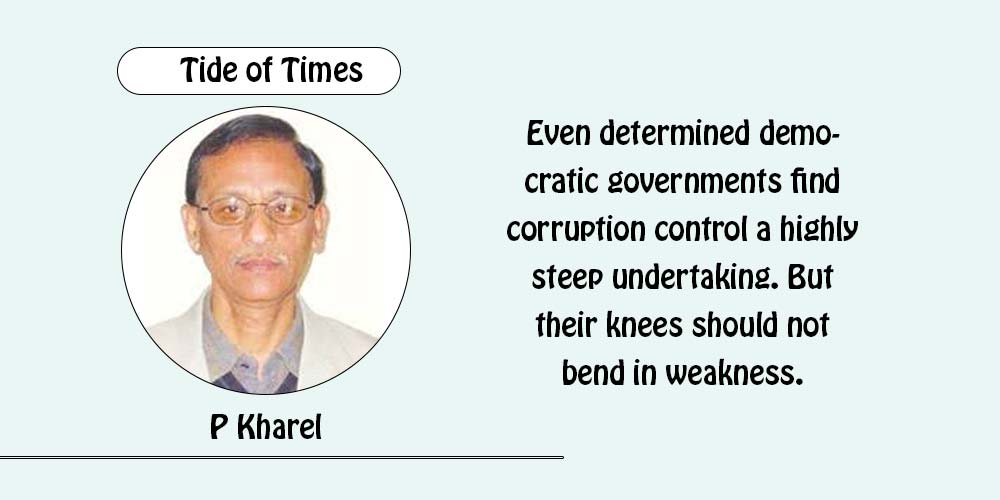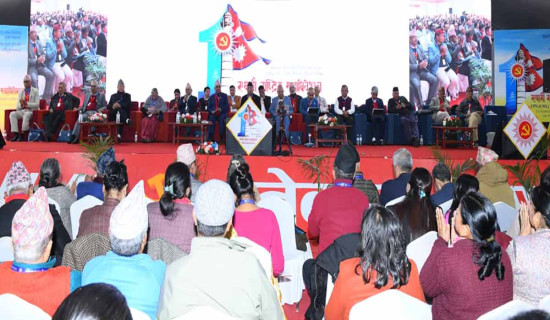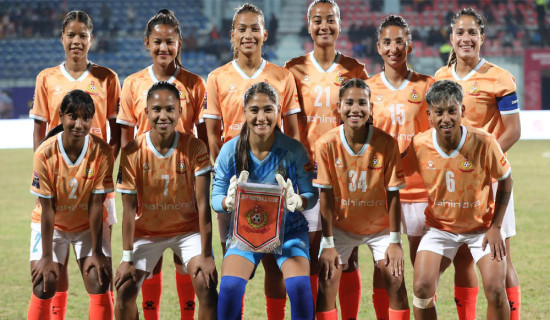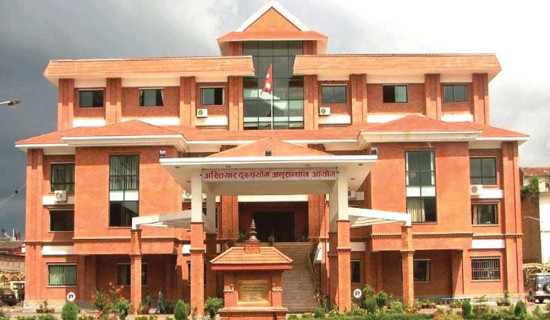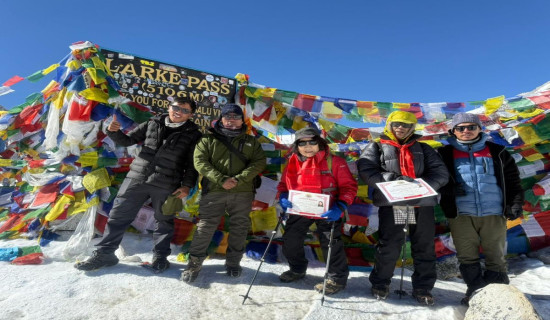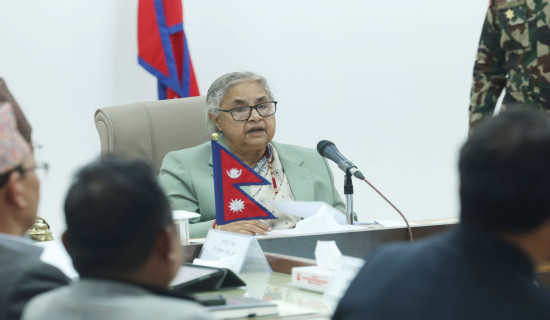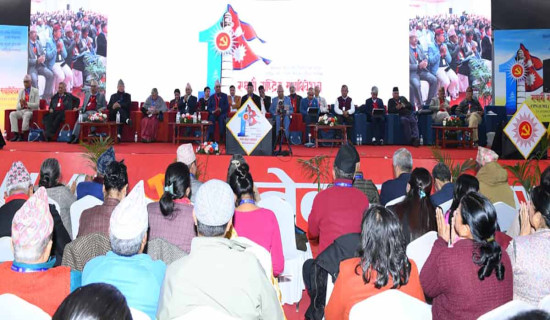- Monday, 15 December 2025
Behind Crowded VIP Jails
Peru’s legal prosecutors questioned President Dina Boluarte for hours in March in connection with what has come to be known as “Rolexgate”. The case is being rhymed with the infamous Watergate scandal that forced the United States’ President Richard Nixon to resign in 1974, two years before he completed his second term in office. Accused of accepting many expensive gifts and keeping them as hers, Boluarte, 61, is charged with possessing more than $400,000 in “deposits of unknown origin”. But she is unlikely to be unseated any time soon. An existing law protects a sitting president from being charged with crimes. An alternative is impeachment, which is most unlikely to be moved, given the prevailing power equations in the Congress.
Boluarte was vice-president to President Pedro Castillo before she boarded the top job in 2022, only to find her popularity dipping to 14 per cent within a year and a half. However, she is not an exception in getting embroiled in a major scandal. With corruption pervading Peru’s political landscape, investigation by intelligence agencies got around nabbing and nailing their one-time big bosses. A posse of former presidents unwittingly present self-portraits that cut sorry figures. The court of law convicted them. At one time, all former Peruvian presidents were put behind bars for abuse of power and bribery. Six leaders in as many years fell like ninepins.
Greed goes deep
Taking the seat of the executive head of the Latin American state involves a high risk of falling into the temptations of bribery and other forms of misdemeanour. After running the country for a decade from 1990 to 2000, Alberto Fujimori was slapped a 25-year jail sentence on charges of ordering the killings and kidnappings when his government battled against leftist guerrillas. Two-time President Alan Garcia took to bullet in the head even as security force arrived at his residence with an arrest warrant pertaining to a graft probe.
Other former Peruvian presidents who were placed under house arrest or put behind bars for various periods of time on different serious charges include Pedro Kuczynski, Olanta Humal, Pedro Castillo and Toledo Alejandro. Valentin Paniagua proved to be the only executive head, who did not face charges of misdeeds. He was an interim president for eight months overseeing fresh elections. Political leaders fall for the lure of easy money and power to shower undue favours on cronies and coterie. Many of them land themselves in legal battle after investigations find them guilty of greed and misdeeds. In the grip of greed, they find extremely irresistible not to exercise power for undue influence.
At times cold cases are also scrutinised if a determined agency fearlessly and meticulously pursues missing gaps and does not hesitate to name the bigwig for consequent action. Corruption can creep anywhere if safeguards are lowered. In 2021, a court in Paris found former French President Nicolas Sarkozy guilty of illegal funding of his 2012 re-election bid. Italy’s longest post-World War II head of state was sentenced to a year in prison, which translated into confinement at home, with an electronic bracelet monitoring his movement. Earlier, a court gave Sarkozy a custodial sentence for influence peddling and of trying to bribe a judge by suggesting he could secure a prestigious job for him in return for information about a case.
In South Korea, four former presidents were sentenced to jail for undemocratic actions and/or corruption: Rhee Syng-Man, Chun Doo-Hwan, Roh Tae-Woo, Lee Myung-bak and Park Geun-hye. In the Philippines, two presidents who were elected to the top post were jailed: Joseph Estrada and Gloria Macapagal Arroyo on different accounts. China has had at least 150 politicians convicted of serious misdeed and jailed over the past decade. Dozens of business tycoons with assets worth more than $155 million have been executed since the 2010s. Public surveys indicate that nearly three-fourths of the Chinese people favour capital punishments for the corrupt.
In India, the world’s largest multiparty democracy, thousands of sitting members of parliament and state assemblies are charged with serious crimes. Various studies and reports find 40 per cent of sitting MPs to have criminal cases registered against them. Half of these cases include murder, attempted murder, kidnapping and brutalities against women. Many of these elected representatives carry several and even dozens of serious criminal cases on their heads.
In the “mother of parliaments”, Boris Johnson, as the British prime minister, appointed prized cultural posts in return for “donations”. The Guardian named six Conservative Party donors given top cultural posts when Johnson was at London’s 10 Downing Street. Last month, Russia’s Deputy Military Chief of Staff was jailed in connection with bribery last month. This was the latest in a recent series of cases that saw senior military officials being jailed on corruption charges.
Lurking loopholes
In many developing countries, especially those under authoritarian rule, corruption constitutes mega-industries, whereby politicians astoundingly get rich while most people they govern barely eke out their livelihood. Not infrequently, foreign agencies prey on weak and pliable persons but with access to power or proximity to political bigwigs. Wine, women, money and blackmail are tools used to entice the vulnerable. Many in thus in a target list wilt and yield to do the entrapper’s bidding. In the US, all individuals, including lobbyists, acting politically or quasi-politically on behalf of foreign entities, must disclose their activities in detail.
A news report in The Republica made an interesting story referring to an admission made by a business contractor at a parliamentary committee (August 6, 2016, “Contractors pay up to 20 pc of total amount to bribes: FCAN official”). The English daily quoted the then Deputy General Secretary of the Federation of Contractors of Nepal (FCAN), Bishnu Budathoki, at the Development Committee: “For every project, we have to provide up to 20 per cent of the total contract amount as a commission for governmental officials, including even secretaries and ministers.”
The Swiss federal criminal court some time ago noted that between 2006 and 2011, at the height of ex-president, Joseph Kabila’s rule in the Democratic Republic of Congo, individuals and entities in the United Kingdom, Gibraltar and Switzerland paid some $380m in bribes to authorities. Internecine conflicts over minerals claimed the lives of more than six million people in that impoverished African country. Corruption and lawlessness are mega industries in a kleptocracy. Even determined democratic governments find corruption control a highly steep undertaking. But their knees should not bend in weakness.
(Professor Kharel specialises in political communication.)

